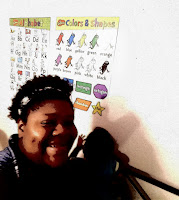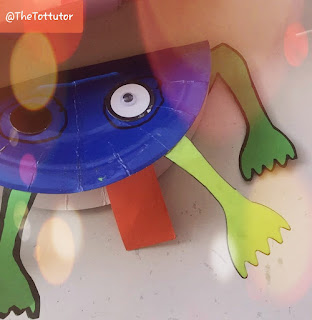100 Spring Activities for Kids
Let the sunshine, laughter, and outdoor adventures begin! Spring is in the air! The flowers are blooming, the days are longer, and kids are itching to get outside and explore. Whether you’re a parent, grandparent, or caregiver looking for ways to keep the little ones entertained (without screens!), here’s a mega list of 100 fun, simple, and family-friendly activities to celebrate the season of growth and sunshine. Sunflower Plant Outdoor Spring Adventures Have a backyard picnic Fly a kite on a breezy day Go on a flower-spotting walk Visit a local farm Build a fairy or gnome house in the yard Draw colorful sidewalk chalk art Blow bubbles and chase them Jump in puddles after a rain Take a family bike ride Watch the clouds and guess the shapes Go birdwatching with binoculars Climb trees at the park Start a rock collection Catch (and release) ladybugs Have a backyard scavenger hunt Plant a sunflower and track its growth Try a...










